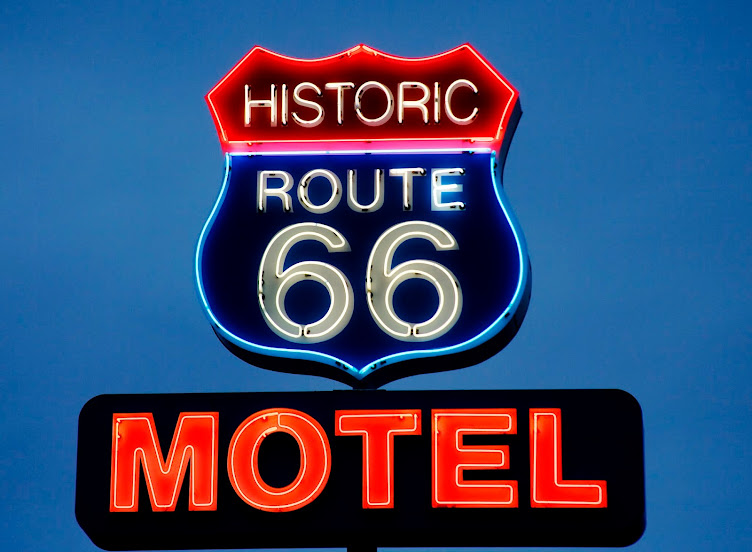Q1. Why did you focus on the first half of the 19th century for your first vampire anthology?
A1. I knew the first vampire short story written in the English language was "The Vampyre" by John Polidori. He published it in 1819. There was obviously fresh dirt, so to speak, for this period and I started digging. I wanted to start from the beginning just as I did with The Best Horror Short Stories 1800-1849,The Best Werewolf Short Stories 1800-1849 and The Best Ghost Stories 1800-1849.
Q2. Did you unearth anything of note in vampire lore?
A2. Yes. I was surprised to find the first vampire short story penned by an American that has remained buried for nearly two centuries. It was published only months after Polidori's tale. It was titled "The Black Vampyre" and was published under a pseudonym by a Columbia University Law School graduate. In the book I demonstrate who the actual author was as background to the story. From my research it is also the first short story to advocate freedom for black slaves and to contain a child vampire.
Q3. That is substantial. So you include background information on each story in the collection?
A3. Also author photos, publication dates and a list of stories read at the end of the book. In the print version I include annotations like I did with the other books.
Q4. You stated that in your estimation Edgar Allan Poe wrote one third of the best horror stories for the fifty years in question. Did Edgar Allan Poe write any vampire stories?
Q5. Who are some of the more famous authors in the vampire anthology?
A5. I mentioned John Polidori, Lord Byron's traveling doctor. Alexander Dumas, Joseph le Fanu and Théophile Gautier all have stories in the collection.
Q6. Do you have a favorite?
A6. "Clarimonde" by Gautier is the foremost thing of its kind. Of course Gautier had the advantage of all the great stories that came before his.
Q7. The strangest name has to be "Pepopukin in Corsica." How did you come across it?
A7. It was published in an old magazine in 1826. It is just the third vampire story originally published in the English language. It has not been republished since. The author was not given, only the initials A.Y. I was able to learn that it was Arthur Young who wrote a number of travel books based in France. "Pepopukin in Corsica" is the first vampire story to include poetry.
Q8. Didn't Polidori write "The Vampyre" in response to a bet by Mary Shelley?
A8. There's a story within a story on that one. Mary Shelley, Percy Shelley, Lord Byron and John Polidori challenged one another to write a ghost story. Mary ultimately wrote Prometheus Unbound (that we know now as Frankenstein) and Lord Byron penned a fragment of a vampire story that he never finished. Polidori used the outline and wrote "The Vampyre." It is little known that Polidori put Lord Byron in "The Vampyre" after they had had a falling out. Lord Byron is the vampire himself. He called him Lord Ruthven in the story. I lay out the many similarities between Lord Byron and Lord Ruthven in the background. It's fascinating stuff.
Q9. Another popular vampire story is "Wake Not the Dead."
A9. It was first published in English in 1823 and miss-attributed to Ludwig Tieck. Ernst Raupach is the true author.
Q10. Did you unearth any misconceptions in doing your research?



